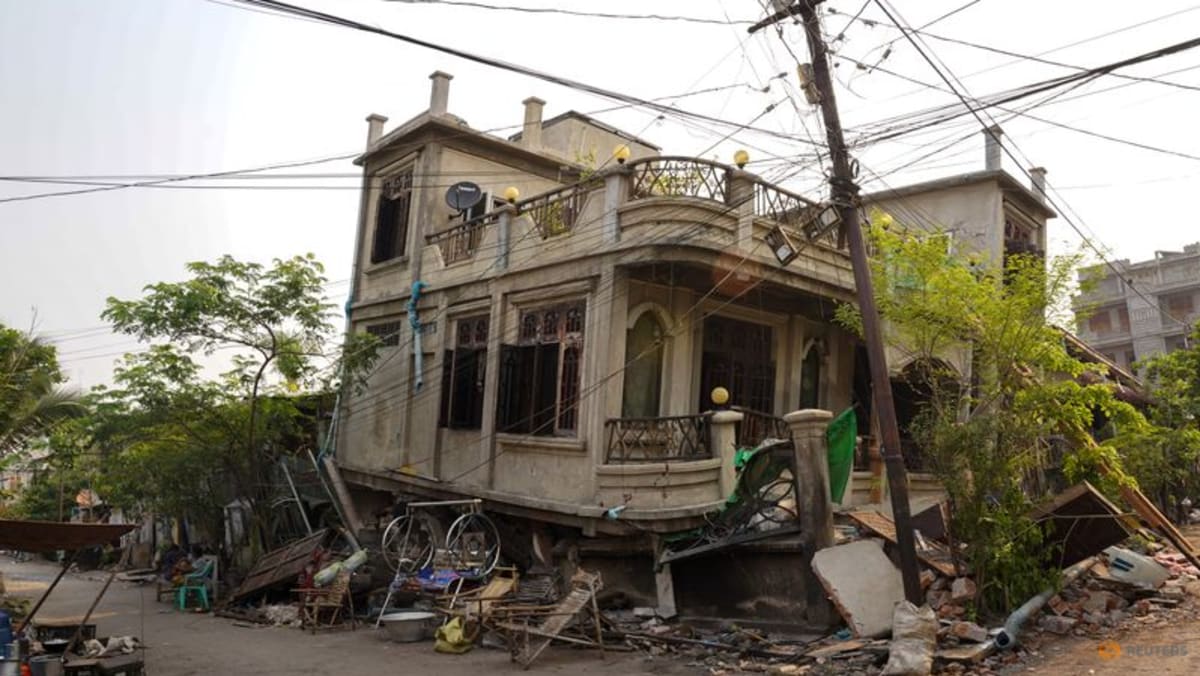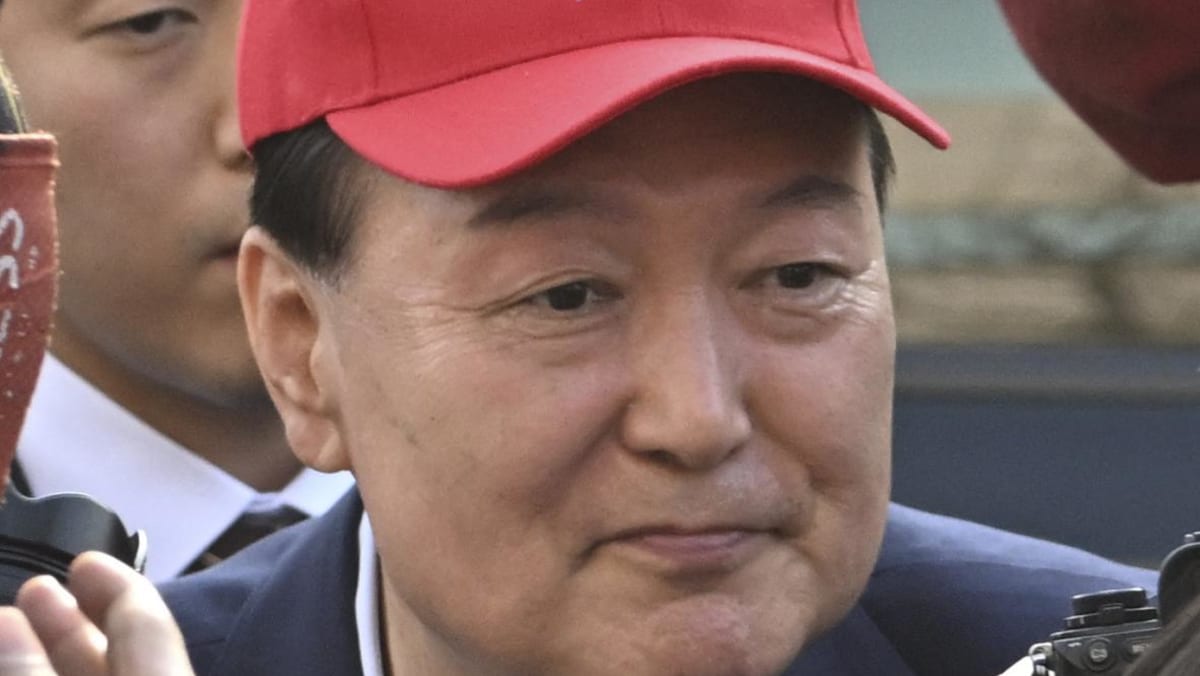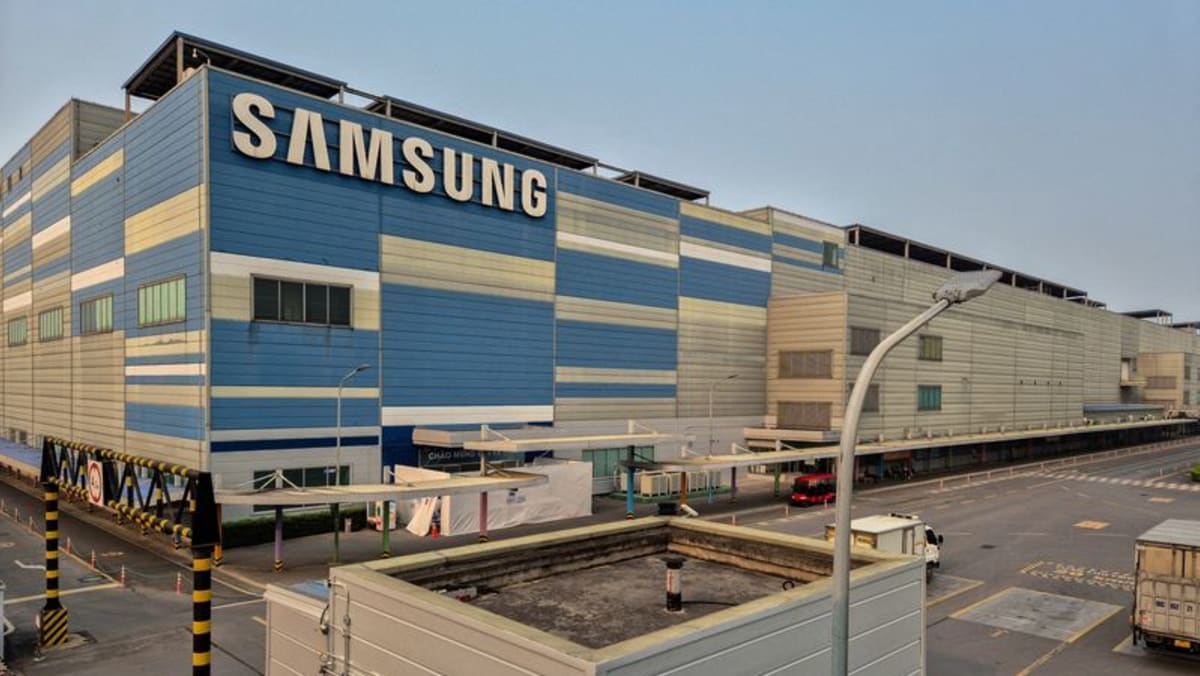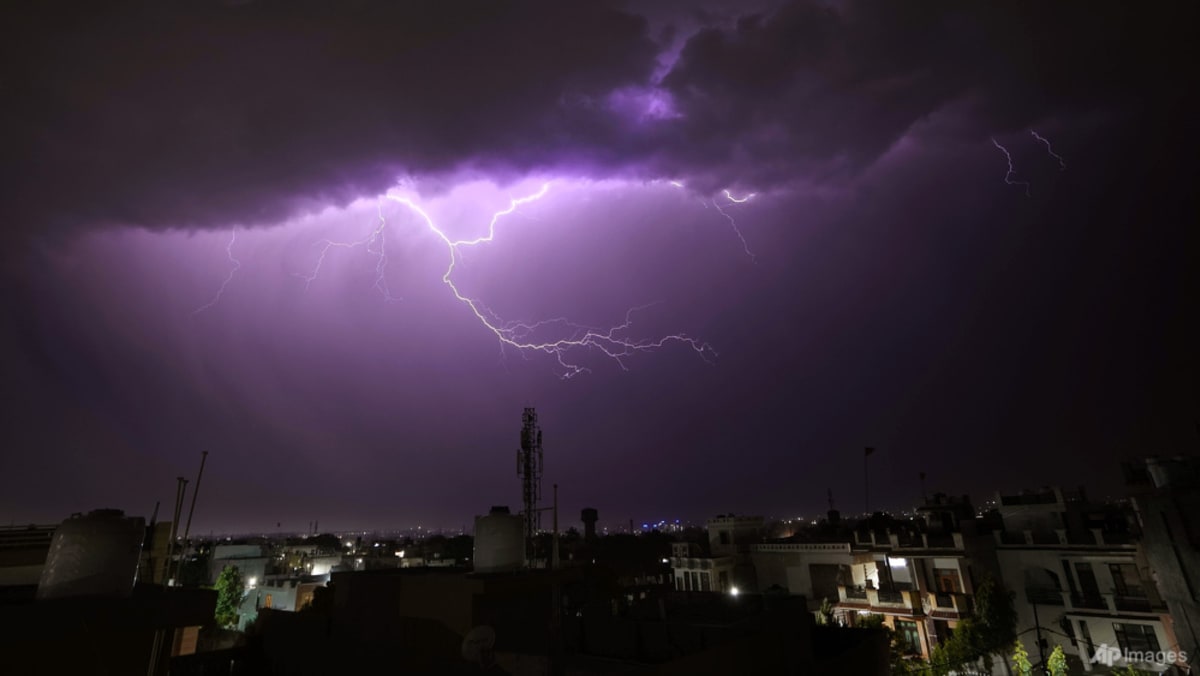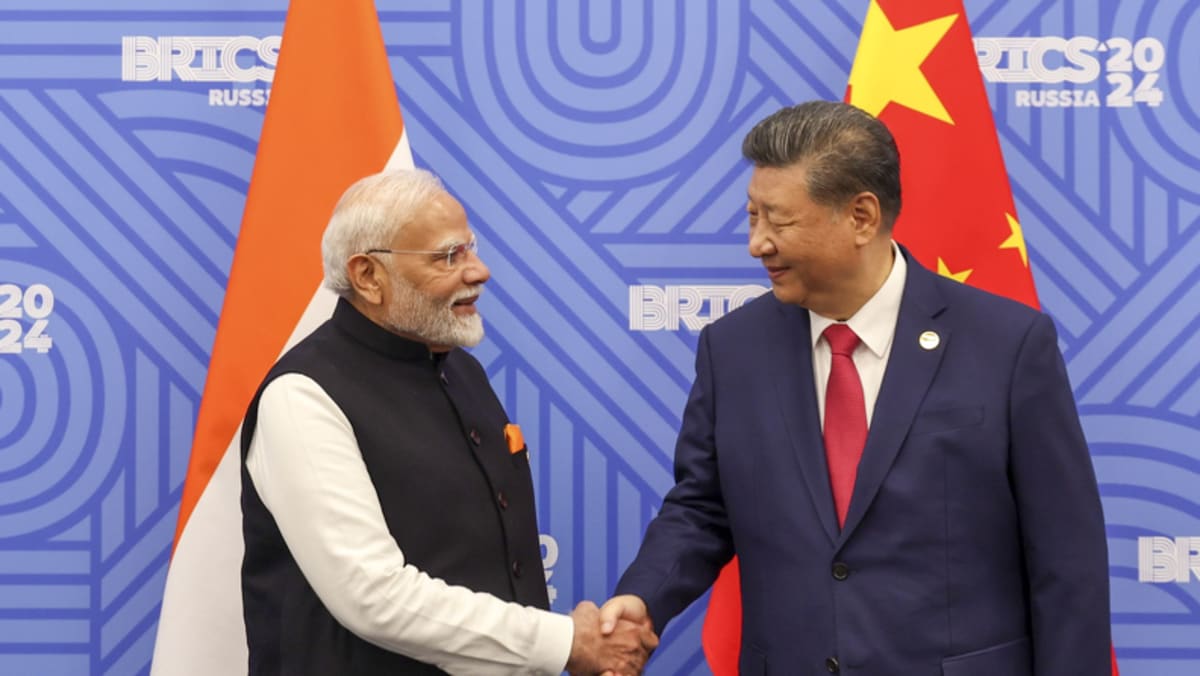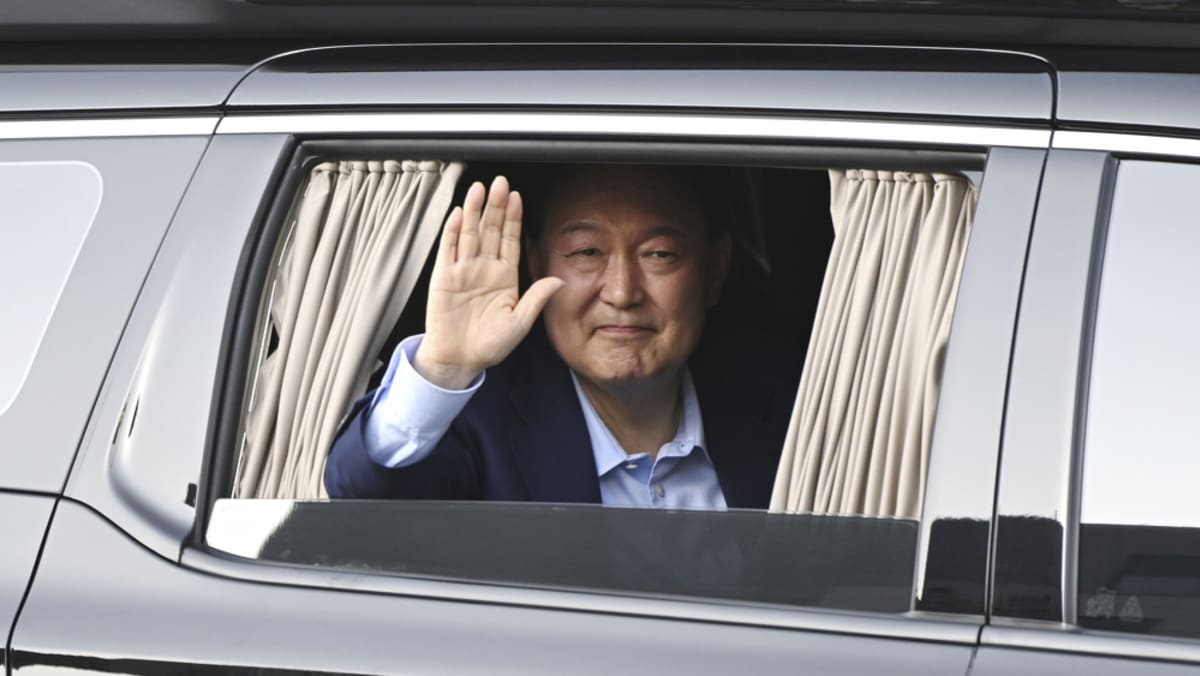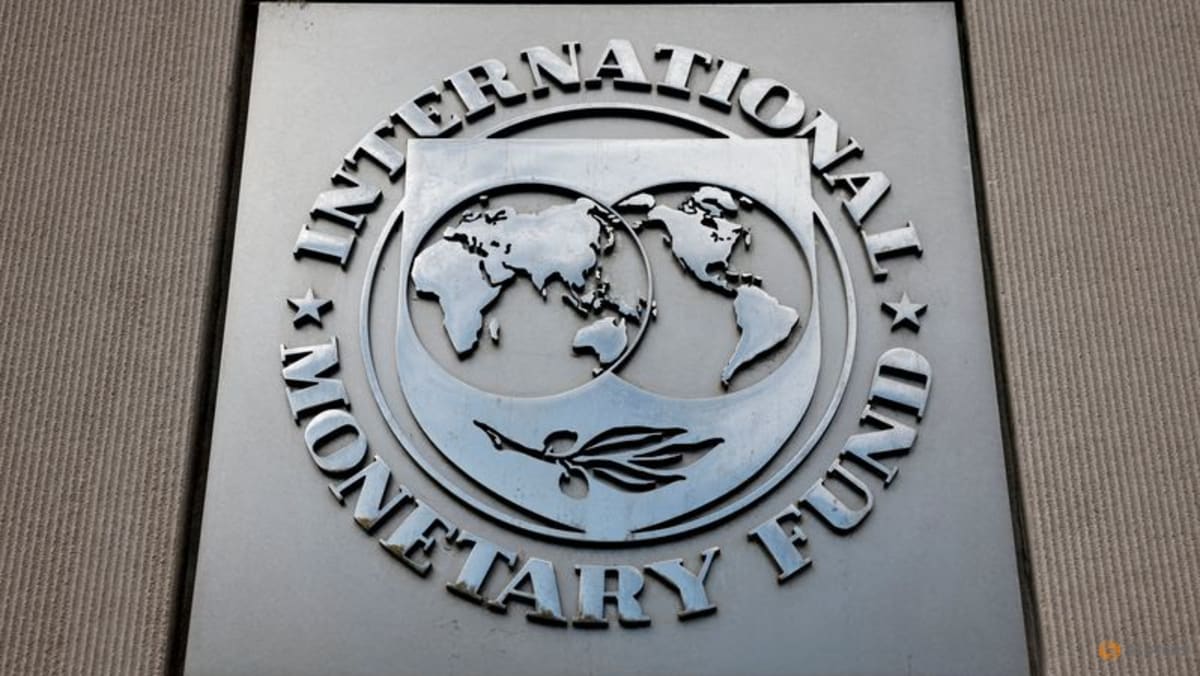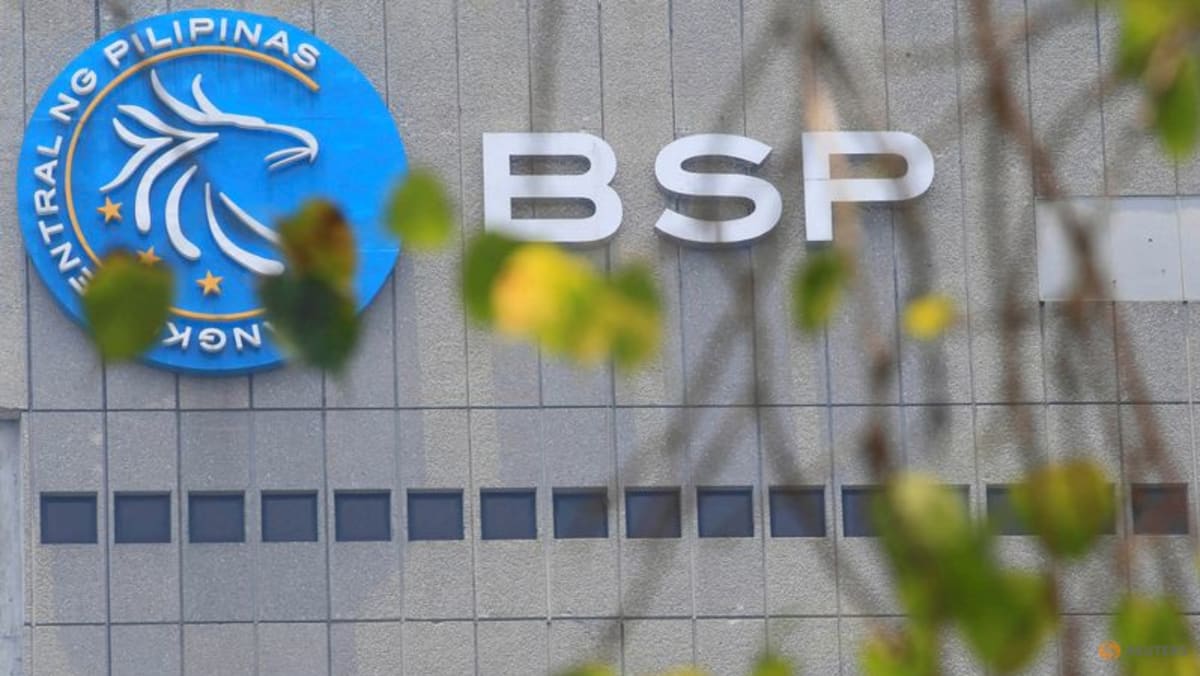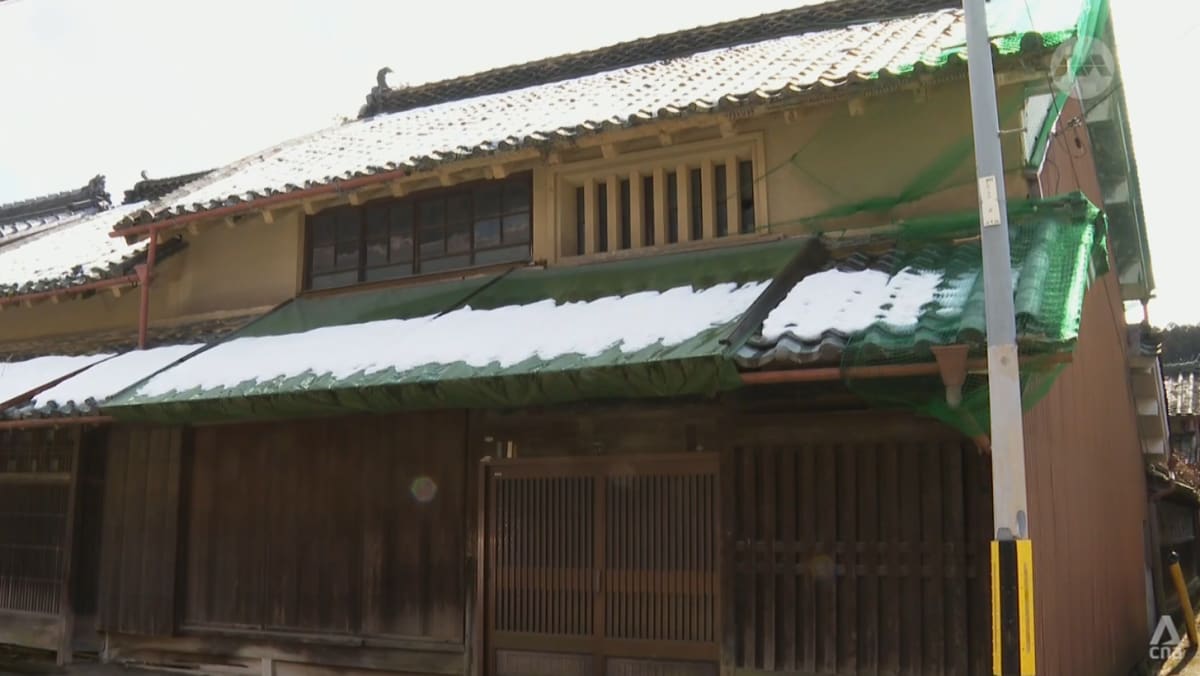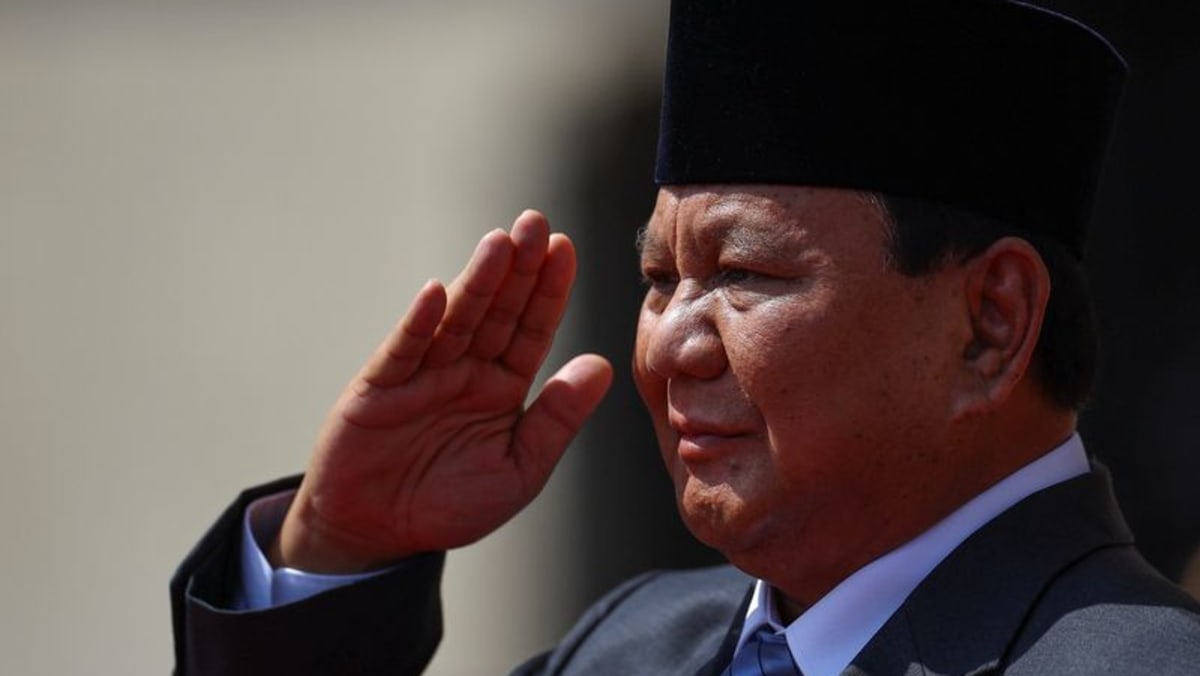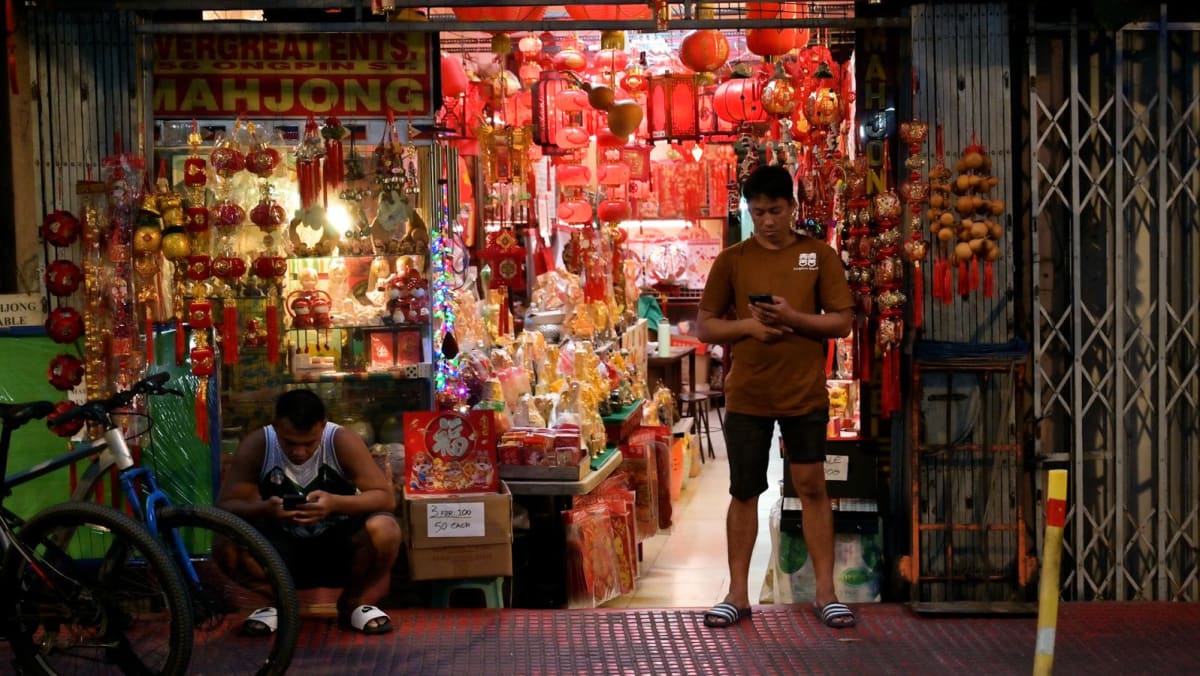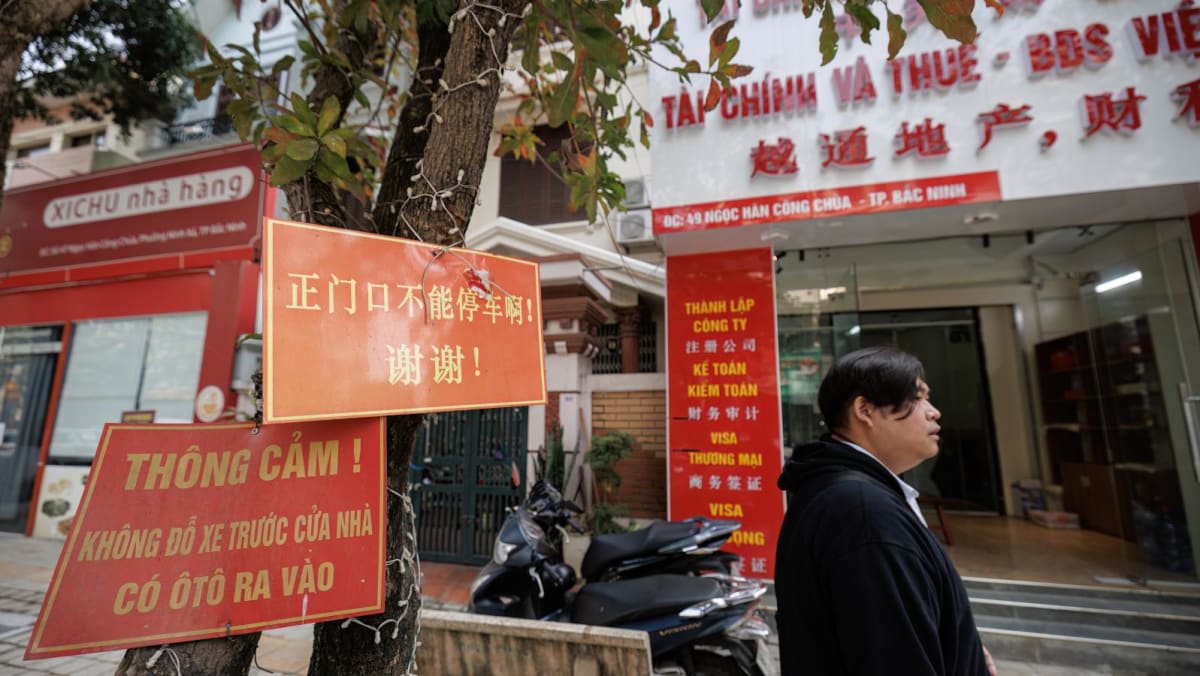Commentary: The real lessons South Korea should learn from an EV fire

BACKLASH OVER BATTERIES
Korean media outlets report enthusiastically on scandals at Chinese factories. The way these stories are shared and presented by them and on social media have fed a perception that Chinese products are by definition unreliable and unsafe, and Korean products inherently superior.
This was illustrated by the reaction in South Korea to a luxury Mercedes-Benz EV that caught fire last month in an underground garage in the western Korean city of Incheon, hospitalising 23 people and damaging 40 other vehicles. The incident sparked a public backlash against electric vehicles, with residential and office buildings banning them from their car parks, EV owners panic selling their cars and several EV manufacturers giving in to pressure to disclose their battery suppliers for the first time.
It soon emerged that the Mercedes had contained nickel-manganese-cobalt (NMC) batteries manufactured by Farasis Energy, a lesser known Chinese battery producer. According to Korean media reports, local EV drivers responded by demanding to know if their vehicles contained Chinese or Korean batteries. Some prospective buyers of EVs told dealers they were unwilling to buy cars with Chinese batteries.
This is despite the fact that the actual cause of the Mercedes fire in Incheon has yet to be established. As some observers were quick to point out, leading Korean battery makers have their own record when it comes to EV fires – in 2021, LG Energy Solution paid General Motors up to US$1.9 billion following a series of fires resulting from faulty batteries supplied for GM’s mass market Chevrolet Bolt.
Bernstein analyst Neil Beveridge notes that there is “no evidence to suggest that Korean batteries have better safety performance than Chinese batteries”.
Source: CNA


